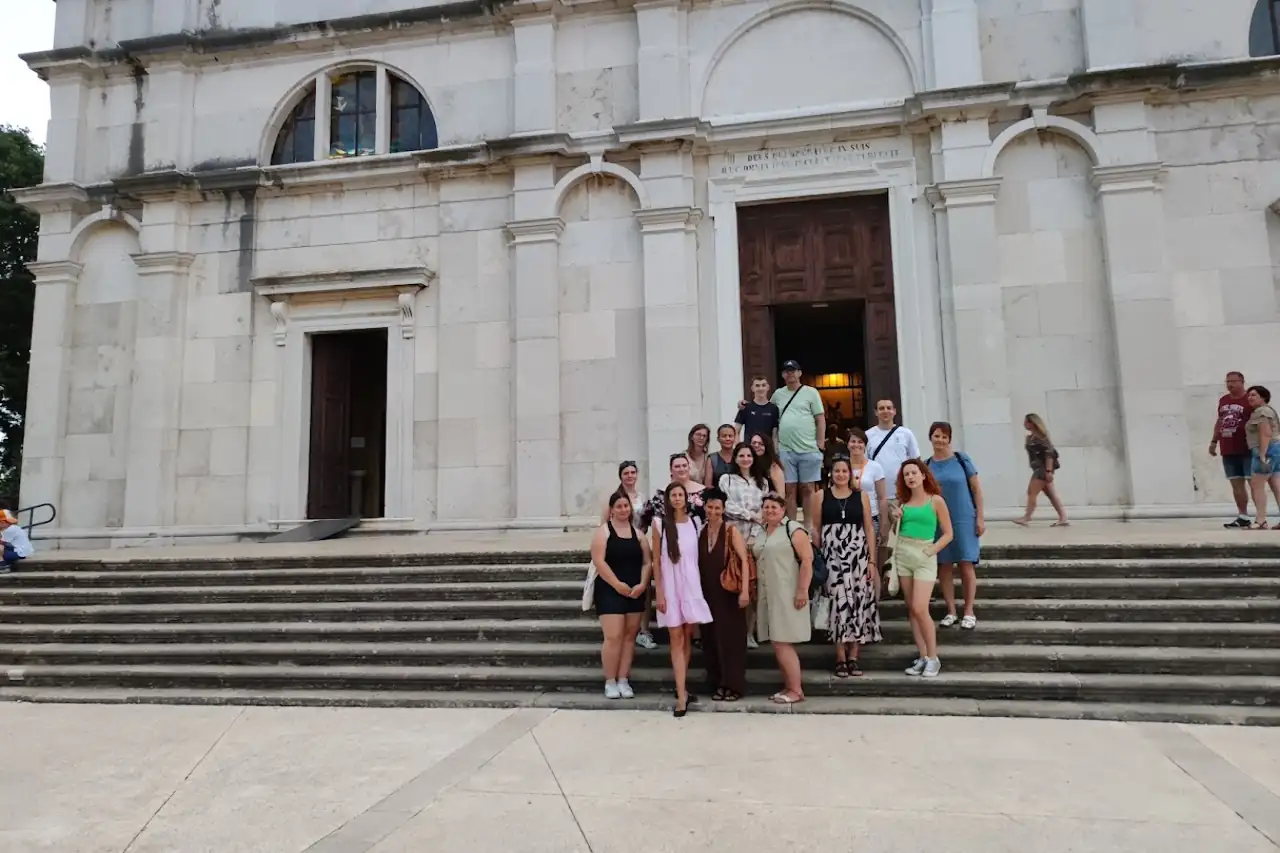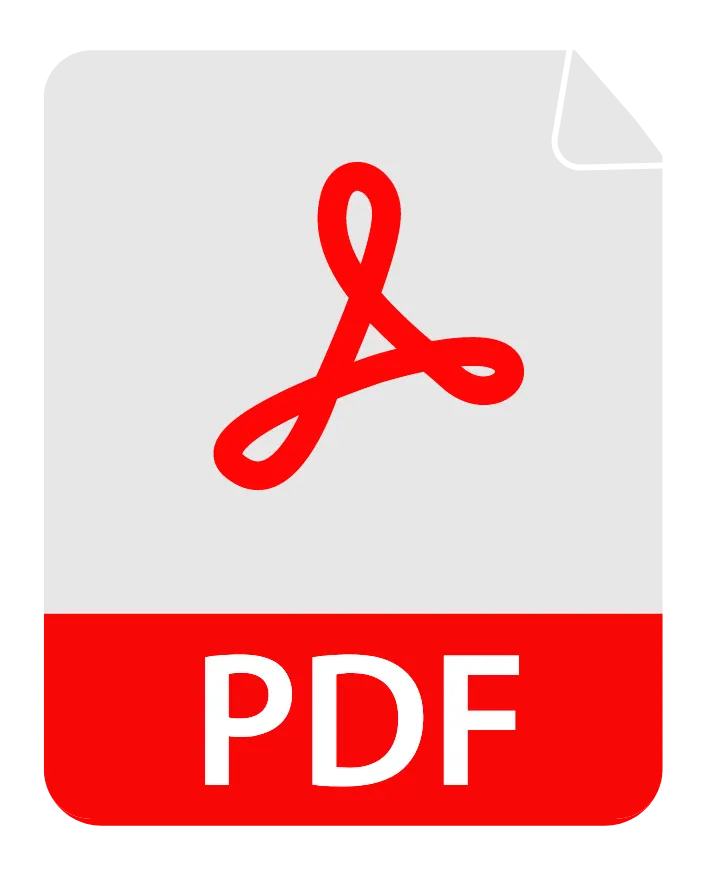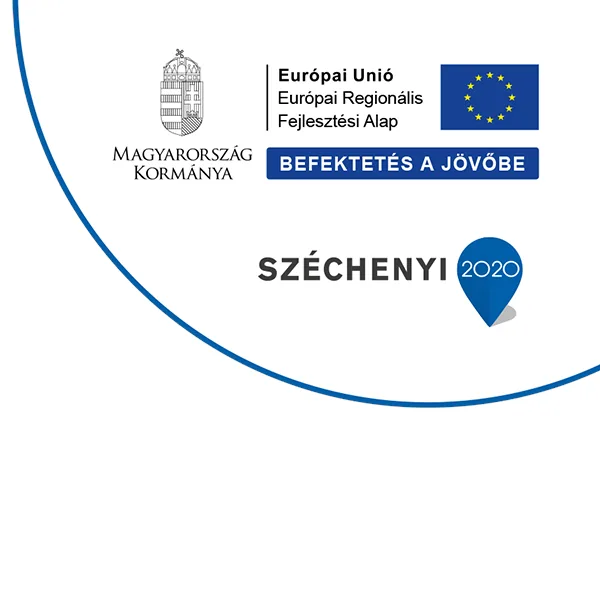- English is not only the subject of learning but also the medium through which other subjects can be explored.
- Content and Language Integrated Learning (CLIL) is an approach that can take many forms from incidental CLIL content in English classes as well as subject classes to multi-year bilingual teaching programmes.
- CLIL has been proven effective in increasing competence both in the foreign language and the target subject.
- You will explore how CLIL classes or CLIL programmes can be planned, implemented and managed.
- You will learn and try out different lesson formats and classroom techniques for teaching CLIL.
- You will practice planning CLIL lessons and creating your own materials.
- Project work is an important tool in successful CLIL classes.
English is not only the subject of learning, but also the medium through which other subjects can be explored, and a tool for discovering the world. This course will highlight how CLIL approaches can enhance and expand students’ learning experience. Participants will find out about the different forms of CLIL to help them choose the approach that works best in their particular contexts, and evaluate the potential challenges and benefits. Participants will have an opportunity to apply a typical CLIL lesson framework to planning their own language classes, and gain first-hand experience in CLIL activities and techniques by completing related training tasks. By the end of the course, participants will be able to apply CLIL methods to their own teaching practices.

Learning outcomes
Participants to the course will learn to:
- define the various forms of Content and Language Integrated Learning (CLIL);
- identify the teacher’s role(s) in the success of CLIL programmes;
- plan, implement and manage CLIL classes or help set up CLIL programmes for their schools;
- apply a CLIL framework to their lesson planning;
- master various techniques in teaching and practicing CLIL;
- evaluate, adapt or create CLIL materials for their English classes;
- use project work in CLIL teaching;
- apply the learning points from the course to creating a CLIL project or presentation.
Audience
- Teachers & school staff: primary level;
- Teachers & school staff: secondary level;
- Teachers & school staff: adults;
- Teachers & school staff: vocational.
Minimum level of language: English, B2
Duration of training: 35 lessons, 7 days
Trainer: Zoltán Rézműves
Date: 13-19.07.2025 Confirmed
Location: Rovinj, Croatia
Price: EUR 595, incl. course, certificate, Erasmus+ documentation (if needed), welcome lunch or dinner, farewell cultural activity
Applicable funds: As part of the Erasmus+ Key Action 1 (KA1), all costs for mobility /travel expenses, course fees, accommodation, subsistence fee/ are covered by the fund.

Trainer
Zoltán Rézműves
English teacher, coursebook author and editor, teacher trainer
His career in English Language Teaching began in 1990 in a secondary school in Budapest (Teleki Blanka Gimnázium) while completing his studies in Teaching English as a Foreign Language (TEFL) at ELTE University of Budapest. He graduated with an MA in TEFL in 1993, writing his thesis on a critical analysis of the English school-leaving examinations in Hungary.
Kattintson a gombra, jelentkezzen!
Jelentkezem erre a képzésre!


